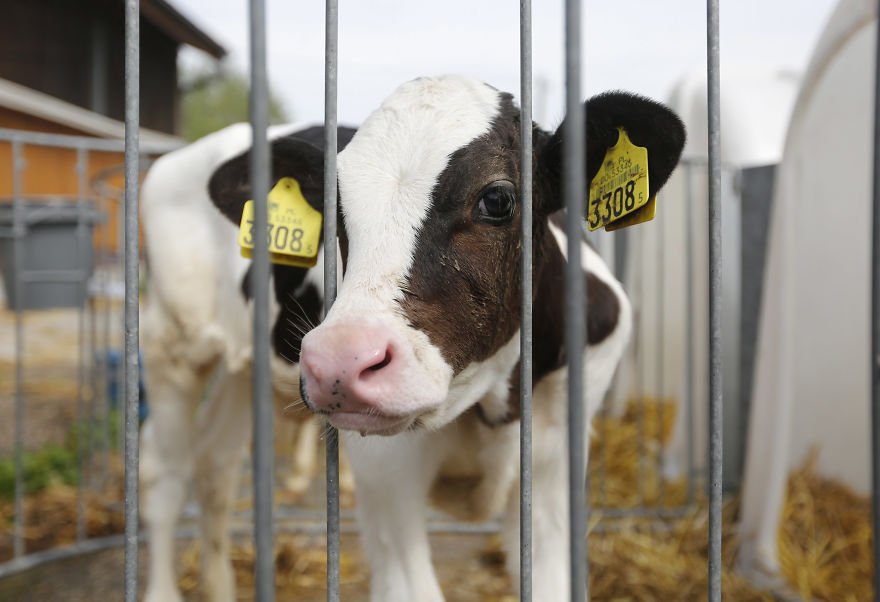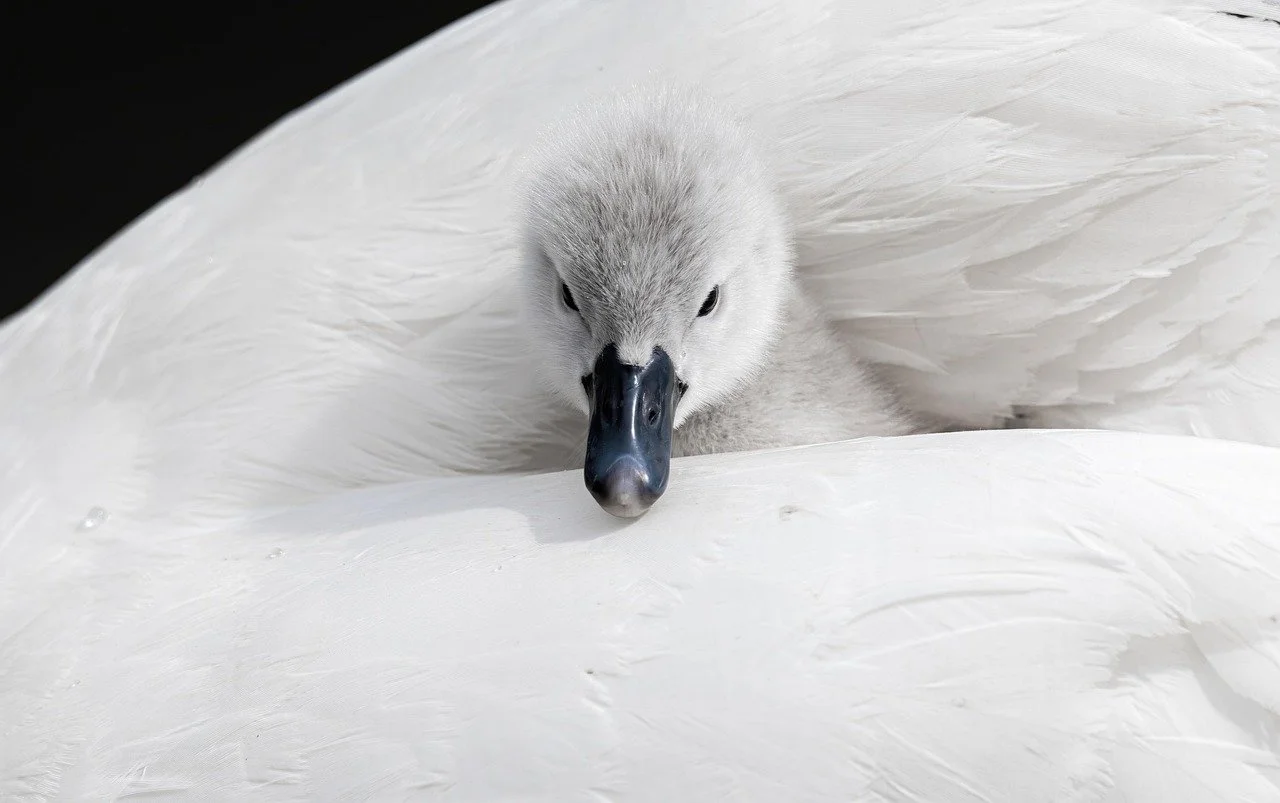Why the slow response to bird flu outbreak in cows is alarming scientists
Resistance from farmers is creating significant testing gaps for the H5N1 bird flu, raising concerns that current tracking efforts may be insufficient to prevent further transmissions.
Credit: Andrew Skowron/Open Cages
A concerning lack of data in tracking the true rate of avian influenza cases in the US could make it harder to respond to the spread of the virus, according to leading disease experts.
Since bird flu was detected in cows for the first time in April of this year, the outbreak continues to spread in farms across the country as figures show that 146 dairy herds in 12 states have now been affected by the deadly H5N1 strain.
With four humans confirmed to have tested positive for avian influenza after exposure to dairy cattle, federal officials have cautioned that the virus's further spread among cows could increase the risk of additional human infections.
"It almost seems like a pandemic unfolding in slow motion," said Scott Hensley, a professor of microbiology at the University of Pennsylvania. "Right now, the threat is pretty low ... but that could change in a heartbeat."
Despite this, the only federal surveillance of U.S. dairy cows involves testing herds before they cross state lines. States are responsible for testing both cows and people, employing various approaches to do so.
Health experts told Reuters that by using fragmented methods to monitor the spread of the virus, agencies could hinder the ability to respond rapidly.
“The longer this is prevalent in animal farms and livestock operations across the state, the greater the opportunity is for future mutations in animals or human risks in different ways going forward,” said Tim Boring, who heads the Department of Agriculture and Rural Development in Michigan, a state with two confirmed human cases to date as it deals with a major bird flu outbreak among poultry and now dairy herds.
Farmers are also reluctant to test workers and animals due to concerns about potential income loss, adding to fears that current tracking efforts to understand how the spread of the H5N1 strain are insufficient.
"You need to know which are the positive farms, how many of the cows are positive, how well the virus spreads, how long do these cows remain infectious, the exact transmission route," said Dutch flu virologist Ron Fouchier of the Erasmus Medical Center in Rotterdam.
Reuters conducted research in Michigan, where two of the four confirmed human cases of the virus are located. They conducted over a dozen interviews with producers, state health officials, researchers, and industry groups. Combining these interviews with preliminary data, Reuters concluded that very few farmers are participating in efforts to stop and understand the virus.
"In some cases, calls from local health officials go unanswered, money for dairy farm research is left unclaimed, and workers still milk cows without extra protective gear," reports Reuters.
Many dairy owners have not increased protective gear for their employees despite being encouraged to do so by federal officials, according to farmers and workers. 37-year-old dairy farmer Brian DeMann told Reuters that he did not invest in new protective gear for his workers due to the uncertainty surrounding the transmission of the virus.
Dr. Jerome Adams, a former surgeon general, who served under former President Donald Trump says that testing must increase to understand the current avian influenza situation. He warns that the situation could quickly become catastrophic for human health, telling Business Insider that it feels like 2020 again.
“We failed — through two administrations — to develop and implement an effective surveillance strategy with Covid, and we are repeating the same mistakes with [this virus],” Adams said. “Farmers are reticent to test for many reasons. Fear of financial harm is a major factor.”
Adams’ main concern is that "we keep making the same mistakes over and over again because we keep focusing on the wrong things instead of the root causes."
We Have A Favor To Ask…
Species Unite amplifies well-researched solutions to some of the most abusive animal industries operating today.
At this crucial moment, with worldwide momentum for change building, it’s vital we share these animal-free solutions with the world - and we need your help.
We’re a nonprofit, and so to keep sharing these solutions, we’re relying on you - with your support, we can continue our essential work in growing a powerful community of animal advocates this year.




